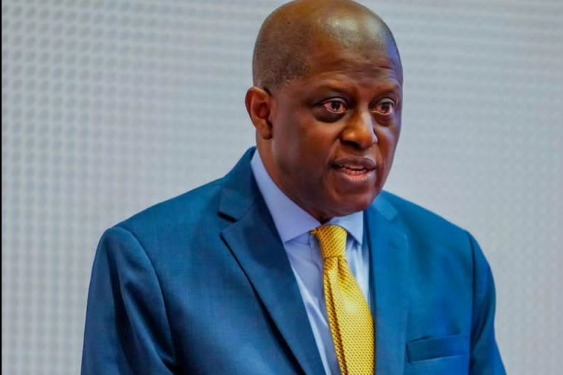The Central Bank of Nigeria (CBN) will hold its first Monetary Policy Committee (MPC) meeting on February 26th and 27th.
This is according to a tentative MPC meeting calendar for 2024 signed by the apex bank’s Director of MPD.
According to the document, the apex bank plans to hold six MPC meetings in total this year beginning from its first scheduled in February.
The CBN last held its MPC meeting in July last year after the suspension of embattled Governor, Godwin Emefiele. In the last meeting, the bank raised its interest rate by 25 basis points to 18.75% from 18.5%.
The increase represented a 22-year high and the then management noted that the move was geared towards taming inflation which stood at 22.79% then.
However, an increase in the interest rate has been largely ineffective in curbing inflation as the CPI has jumped to a 27-year high of 28.92% for the last month of 2023.
Recent policies of the new CBN leadership
The new management of the CBN has turned its back on many initiatives of the erstwhile Governor Godwin Emefiele and noted it will largely focus its attention on the monetary aspect of the economy.
In October, the bank lifted the self-imposed bank on a list of 43 items which were restricted access to forex on the official bank by the former management of the CBN in 2015. The bank also stated then that it would intervene in the forex market from time to time to provide liquidity.
Also, the apex bank has stated its intention to cease development finance and suspend further applications for the various development finance programs instituted under the administration of Governor Emefiele.
While delivering his keynote address at the 58th Annual Dinner of the Chartered Institute of Bankers of Nigeria, Governor. Yemi Cardoso stated that the CBN in recent times has strayed from its core mandate and focused on a development finance program riddled with a lack of clarity and expertise.
- He stated that his team “will discontinue direct quasi-fiscal interventionist activities and instead utilize orthodox monetary policy tools for implementing monetary policy.”













